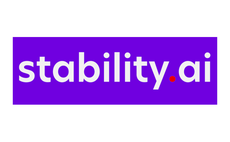Mark Bishop, professor of cognitive computing at Goldsmiths College: 'AI can be used by the intelligence agencies to spy on us quite effectively'
It would be ‘astonishing' if intelligence agencies such as GCHQ and the NSA weren't using artificial intelligence (AI) programmes in order to monitor the email communications of citizens, an expert...
To continue reading this article...
Join Computing
- Unlimited access to real-time news, analysis and opinion from the technology industry
- Receive important and breaking news in our daily newsletter
- Be the first to hear about our events and awards programmes
- Join live member only interviews with IT leaders at the ‘IT Lounge’; your chance to ask your burning tech questions and have them answered
- Access to the Computing Delta hub providing market intelligence and research
- Receive our members-only newsletter with exclusive opinion pieces from senior IT Leaders






















